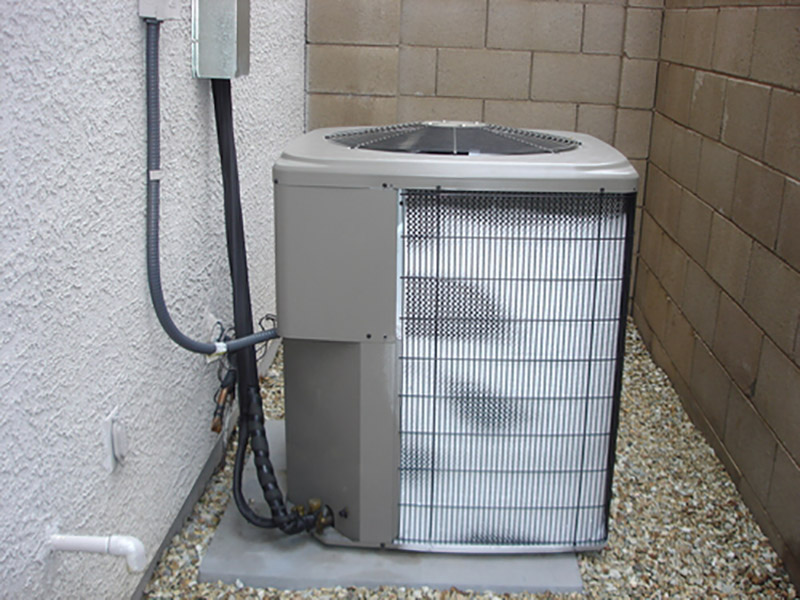
As temperatures plummet, heat pumps face the daunting task of maintaining home comfort. This guide offers an in-depth exploration of how cold weather impacts heat pump efficiency and what homeowners can do to mitigate these effects. We’ll cover everything from basic operation principles to troubleshooting common issues, ensuring your home stays warm even in the coldest months.
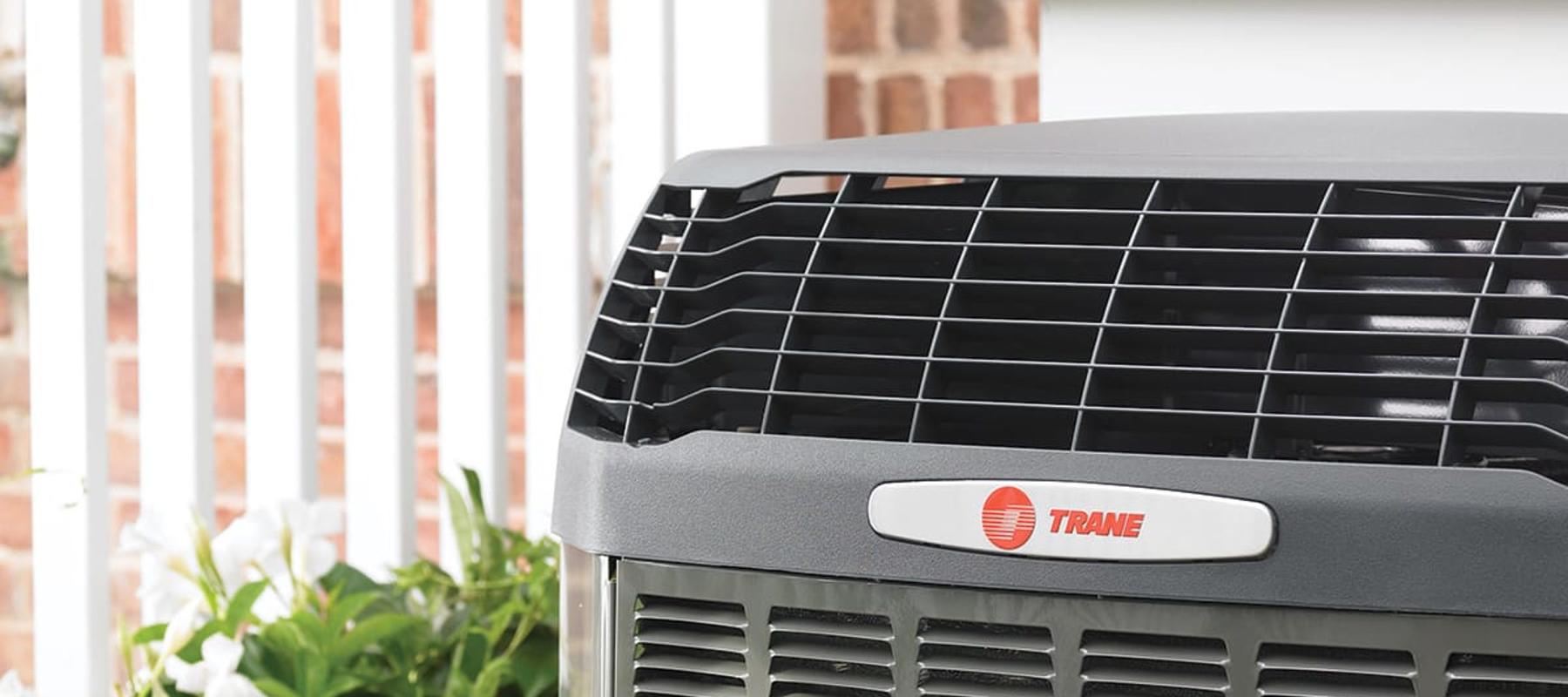
Understanding Heat Pumps in Winter: A Technical Analysis
The Mechanics of Heat Transfer in Freezing Temperatures
Heat pumps function by absorbing heat from the outside air and transferring it indoors. In cold weather, the efficiency of this process drops as the outside air contains less thermal energy. The refrigeration cycle, central to heat pump operation, involves a refrigerant that transitions between liquid and gas states, absorbing and releasing heat. The colder the outside air, the harder the heat pump must work to extract heat, impacting its Coefficient of Performance (COP).
Overcoming Cold Weather Challenges for Heat Pumps
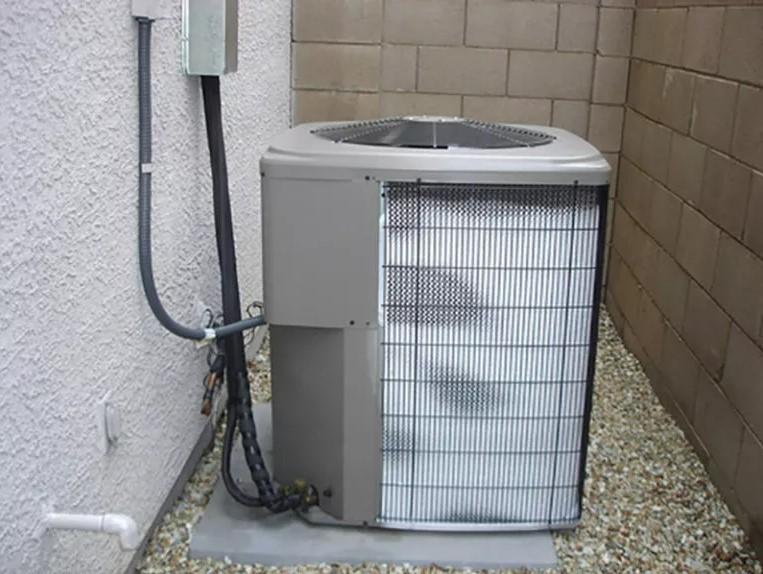
Dealing with Efficiency Drop-offs and Increased Demands
During extreme cold, heat pumps encounter specific challenges:
- Frequent Defrost Cycles: To prevent ice buildup on the coils, heat pumps periodically enter a defrost mode, temporarily reversing the heating process to melt away frost. This necessary process can decrease overall heating efficiency as energy is diverted from heating your home to defrosting the unit.
- Auxiliary Heating Requirements: When the outside temperature drops below a certain point, most heat pumps activate an auxiliary heating element to supplement the heat pump’s output. This is often a more expensive way to heat, as electric resistance heaters are less efficient than the heat pump’s normal operation.
Maximizing Heat Pump Efficiency in Winter: Practical Steps
Detailed Maintenance and Adjustment Tips
Proper maintenance and setting adjustments can significantly enhance a heat pump’s efficiency in cold weather:
- Pre-Winter Maintenance: This should include cleaning or replacing air filters, ensuring the outdoor unit is free from leaves, snow, or debris, and checking for any airflow obstructions. Also, inspect electrical connections and the condition of insulation on refrigerant lines.
- Checking Refrigerant Levels: Low refrigerant levels can severely impact a heat pump’s ability to heat your home. Signs of low refrigerant include ice buildup on the outdoor unit (even during defrost cycles), longer heating times, and higher energy bills.
DIY Troubleshooting and Minor Repairs
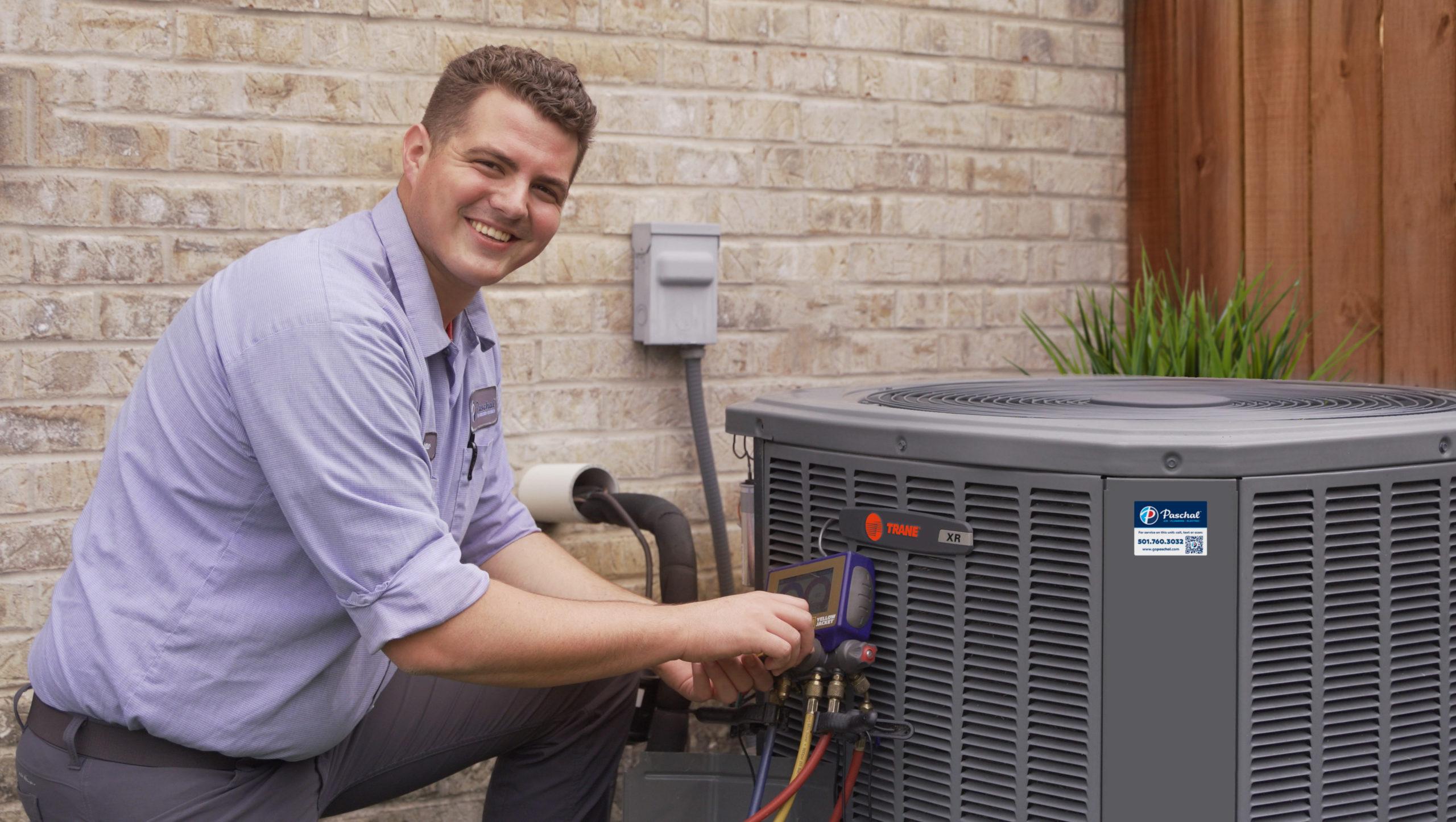
Common Issues and Their Fixes
- Frozen Outdoor Unit: If you notice a buildup of ice on your heat pump’s outdoor unit, turn off the unit and gently remove the ice. Avoid using sharp objects as they can damage the coils. After clearing the ice, check if the unit resumes normal operation.
- Thermostat Issues: Ensure your thermostat is set correctly for heating and not cooling. If your heat pump is not reaching the desired temperature, try recalibrating your thermostat or replacing its batteries if it’s battery-operated.
Recognizing the Need for Professional Help
When to Call in the Experts
- Compressor Malfunctions: Indications of a failing compressor include frequent tripping of the circuit breaker, inability to heat adequately, or unusual noises. These are complex issues that require professional attention.
- Electrical Problems: Signs of electrical issues include the heat pump failing to start or frequent shutdowns. Electrical repairs should always be handled by qualified professionals due to the risks involved.
In-Depth FAQ: Your Heat Pump Questions Answered
Expert Responses to Common Concerns
- Q: Can heat pumps work efficiently in snow?
- A: Yes, heat pumps can operate in snowy conditions, but it’s crucial to keep the outdoor unit clear of snow and ice. Regularly check the unit and gently remove any snow buildup to ensure unobstructed airflow.
- Q: What’s the best temperature setting for my heat pump in winter?
- A: The ideal temperature setting varies, but generally, setting your thermostat to a consistent temperature between 68°F to 72°F is recommended. Avoid setting it too high, as this can cause unnecessary strain and inefficiency.
Embracing Winter with a Well-Tuned Heat Pump
As you navigate the cold months, remember that understanding your heat pump and conducting regular maintenance are key to efficient performance. Be proactive in addressing minor issues and don’t hesitate to seek professional help for more complex problems. With this comprehensive guide, you’re now equipped to ensure your heat pump operates optimally throughout winter.
Schedule Your Professional Service with Paschal
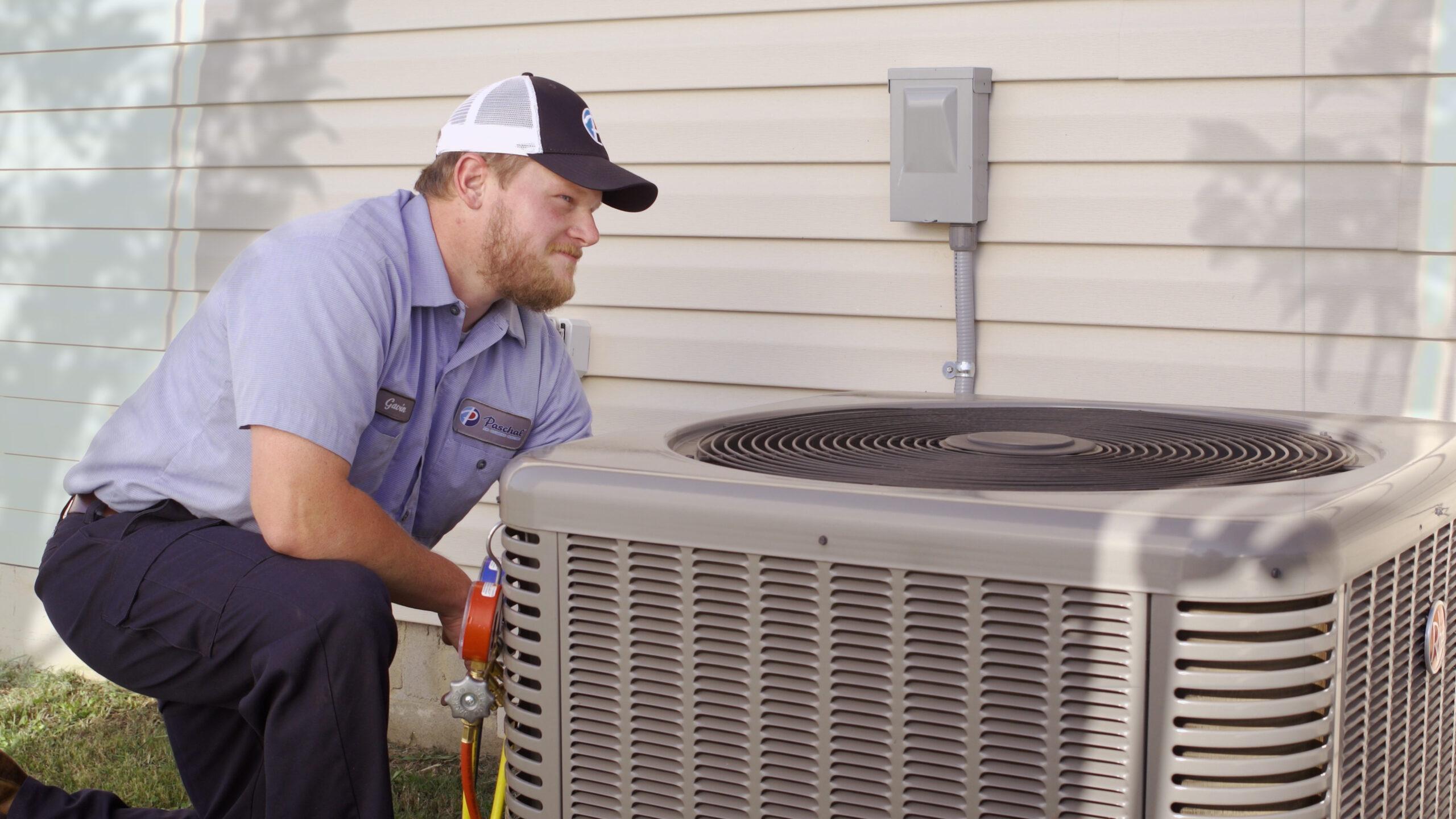
To ensure your heat pump is fully prepared for winter, consider scheduling a professional service with Paschal Air, Plumbing & Electric. Our team of experts can provide the specialized care your system needs for efficient operation. Visit Schedule Service to book an appointment and enjoy a warm, comfortable home all season long.





